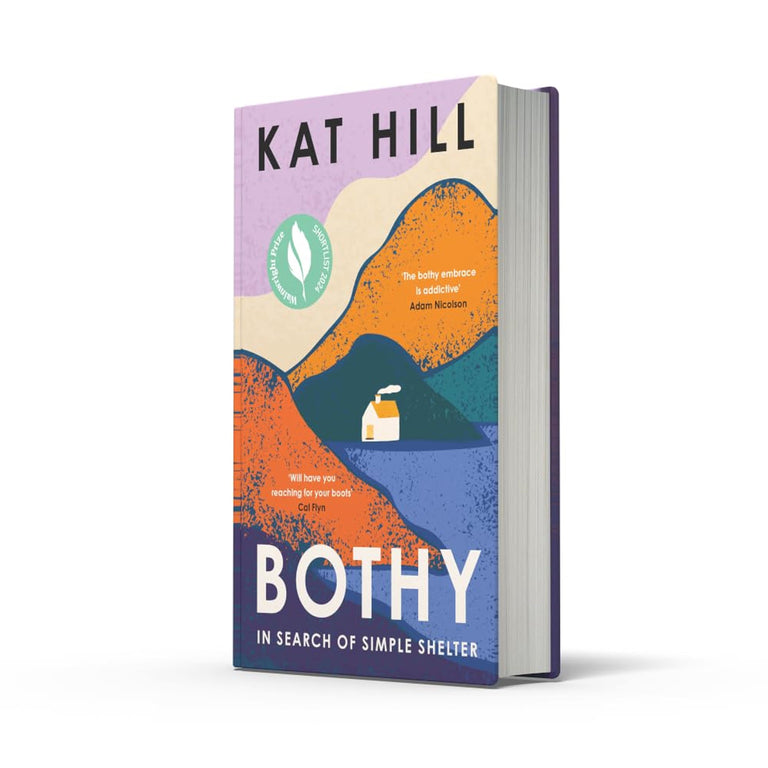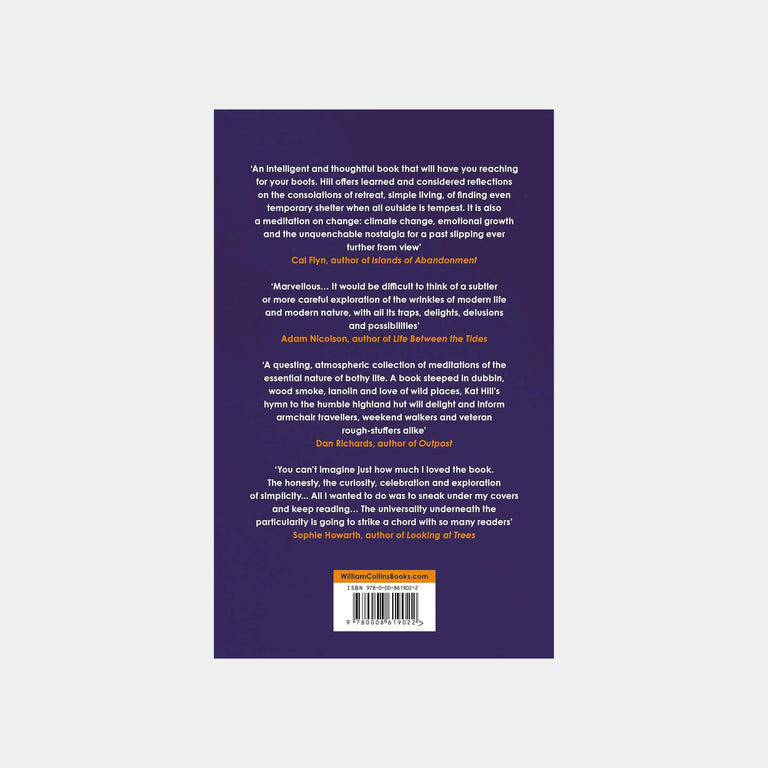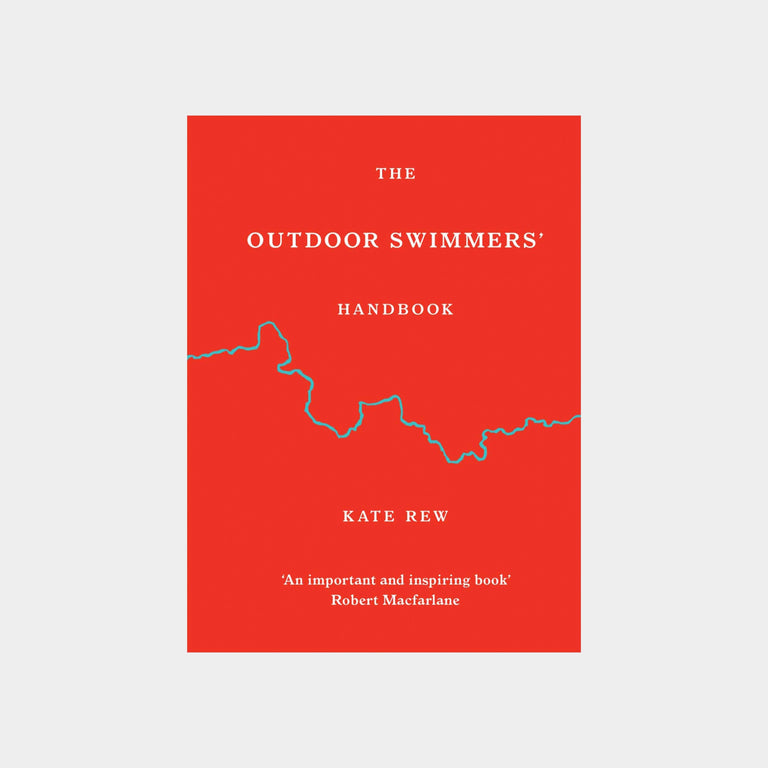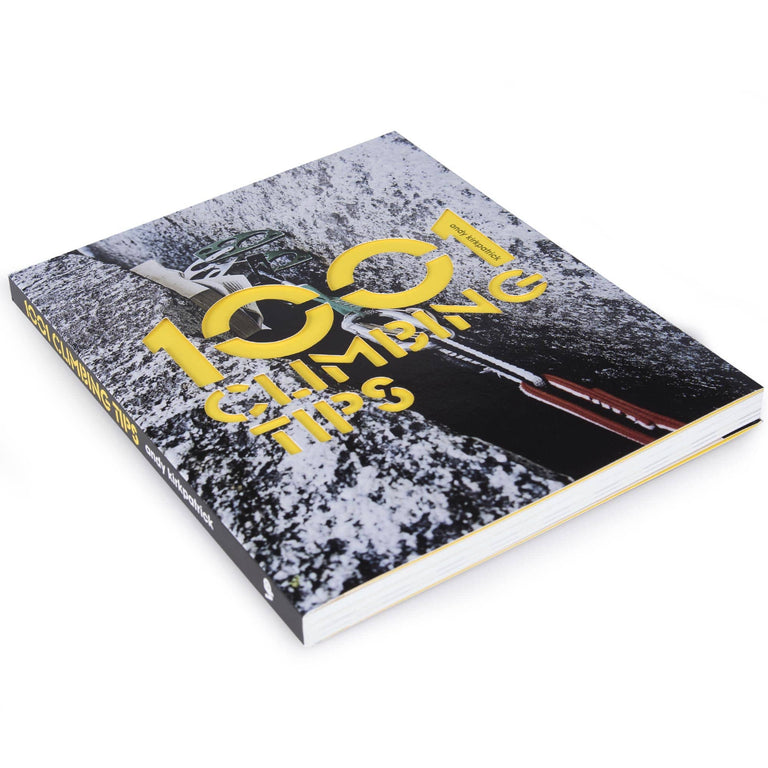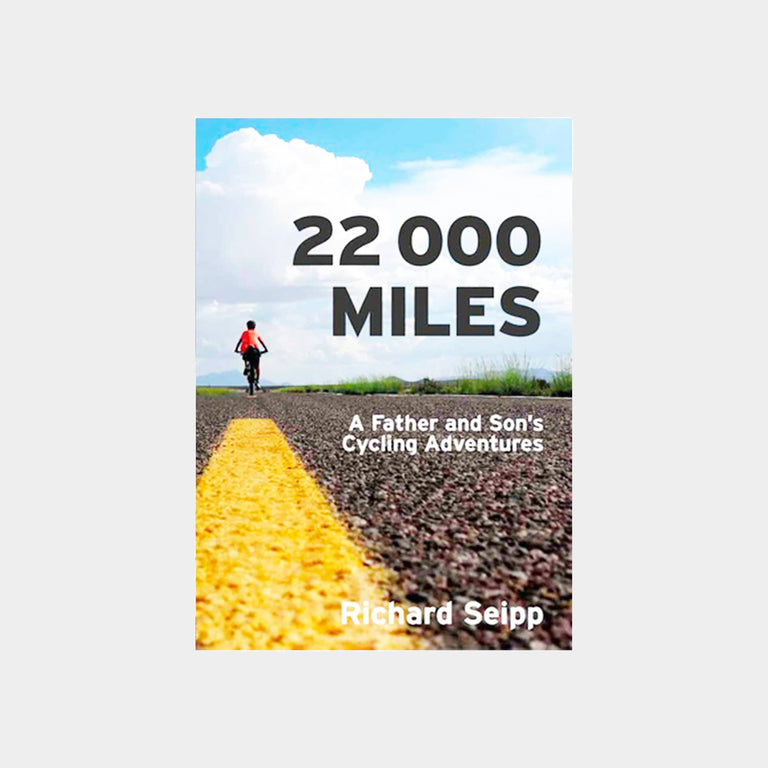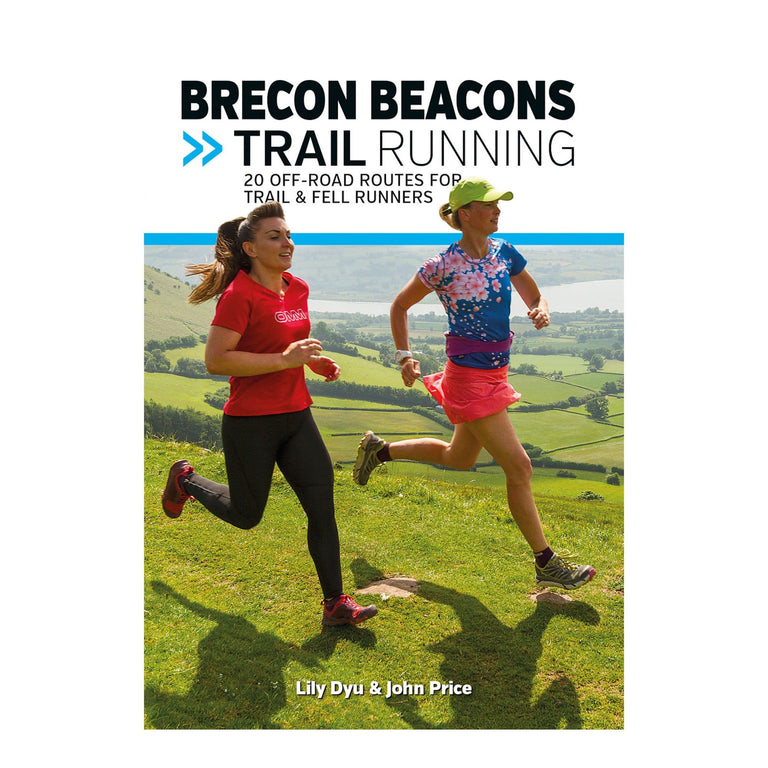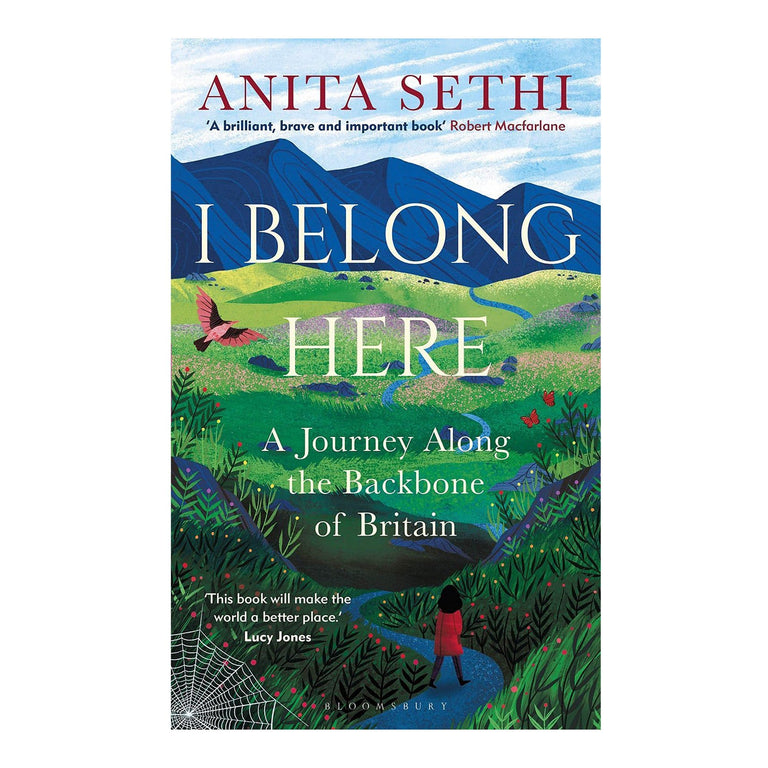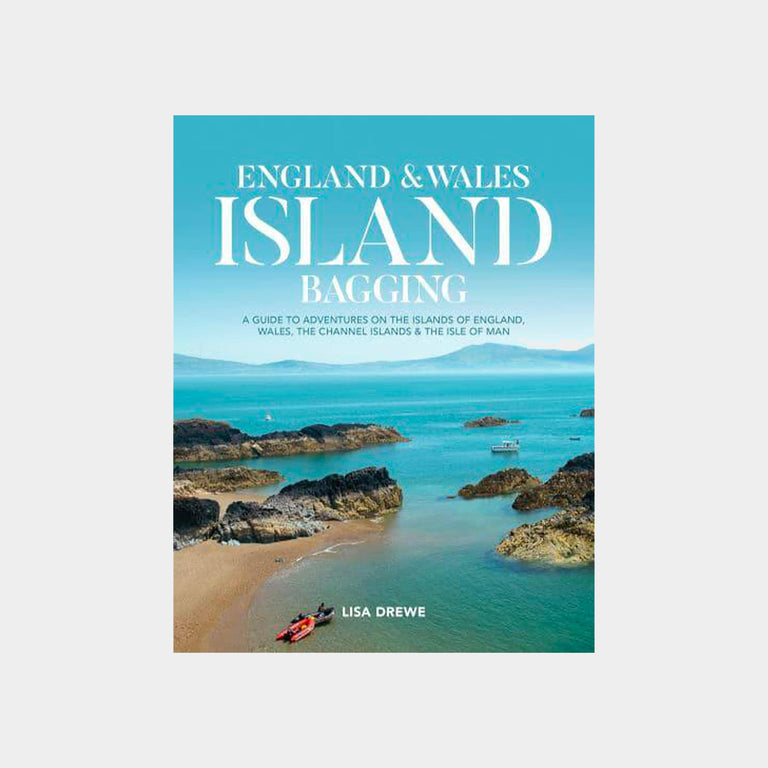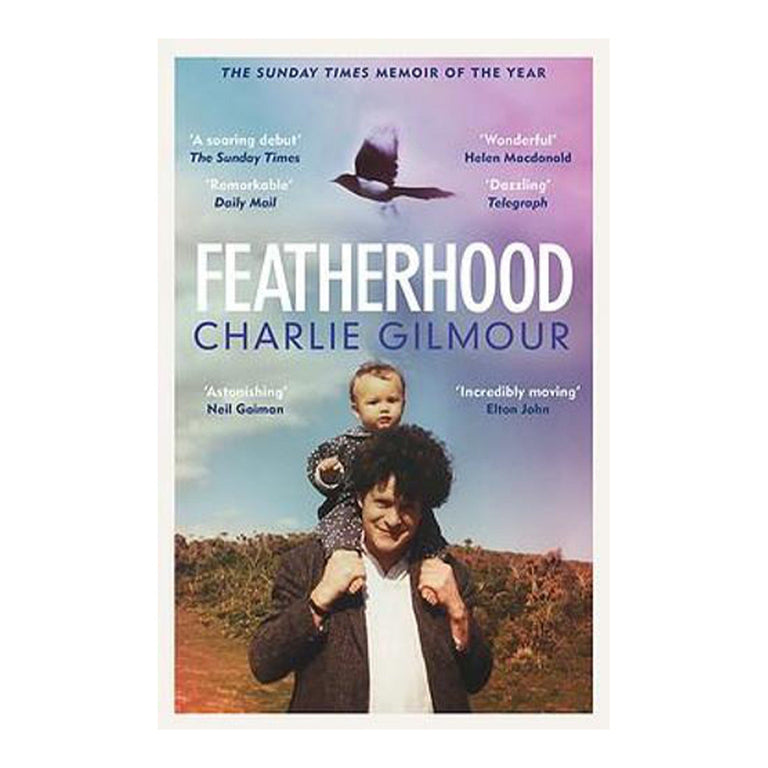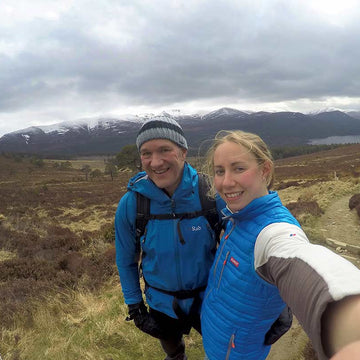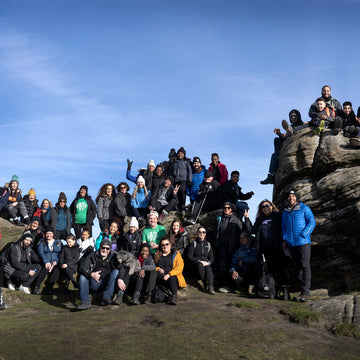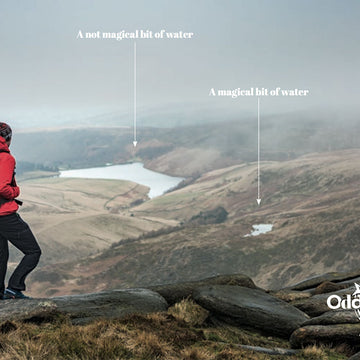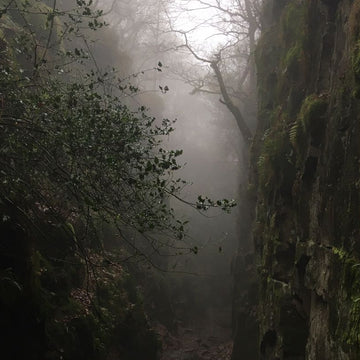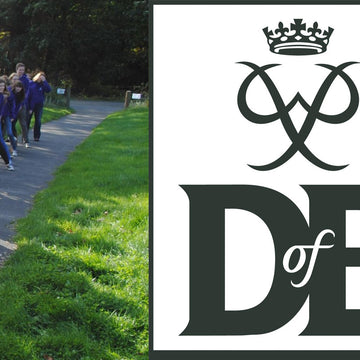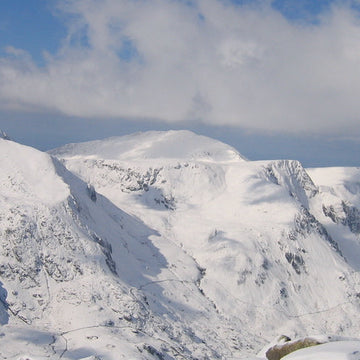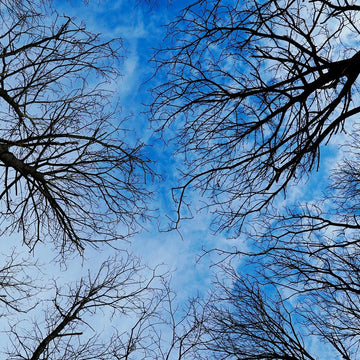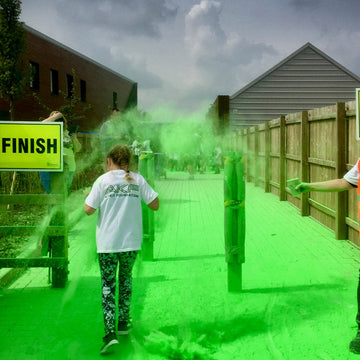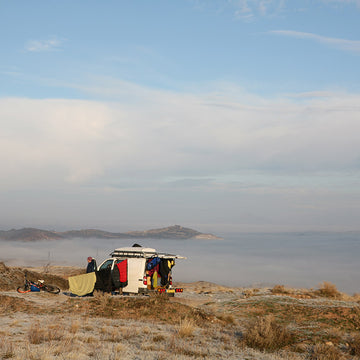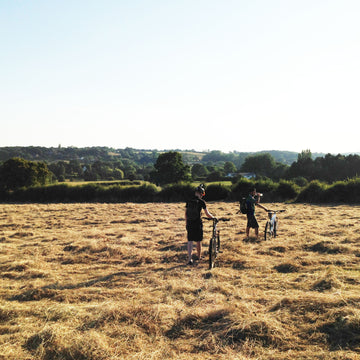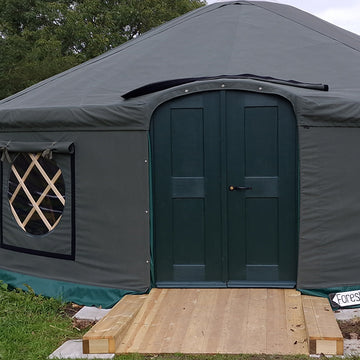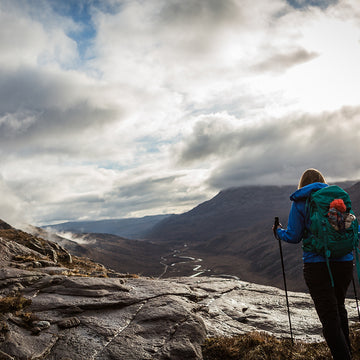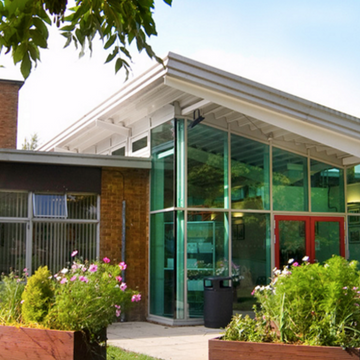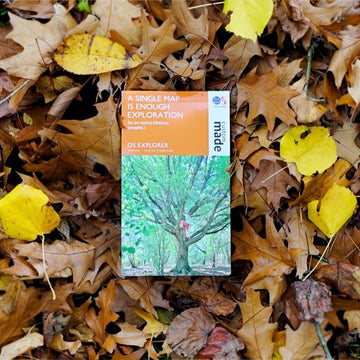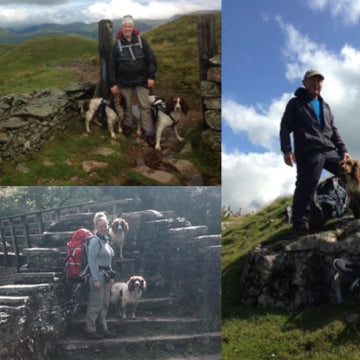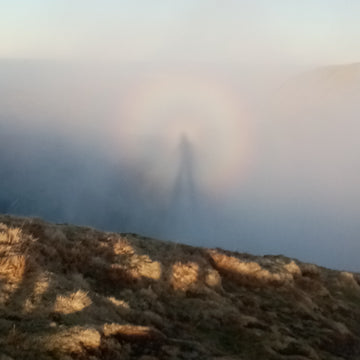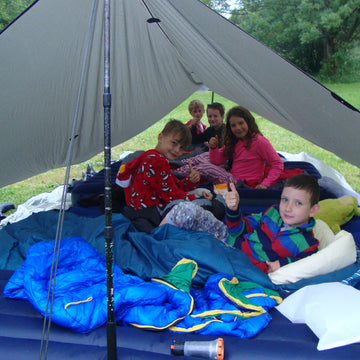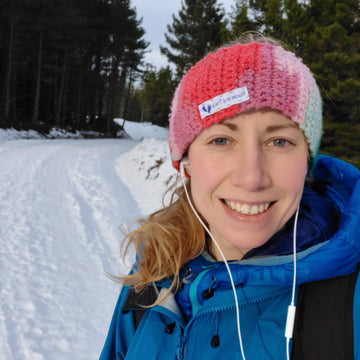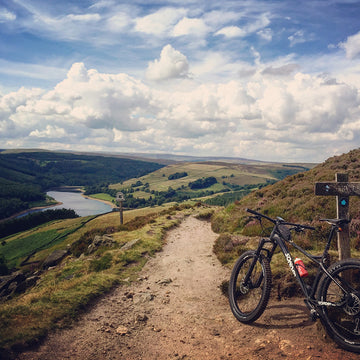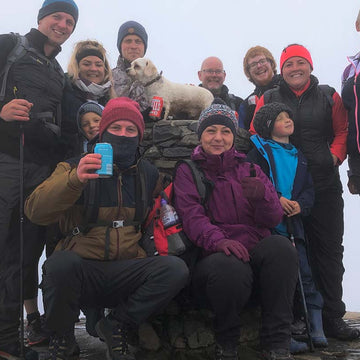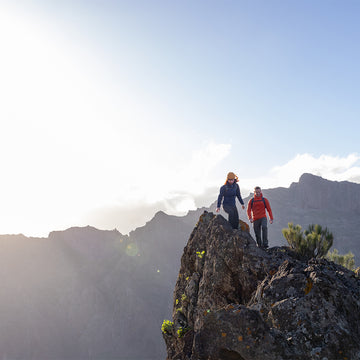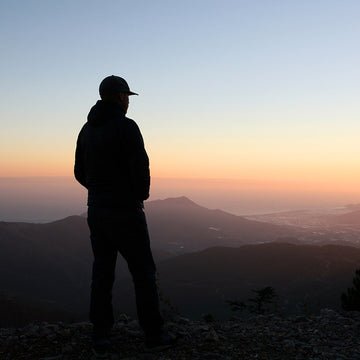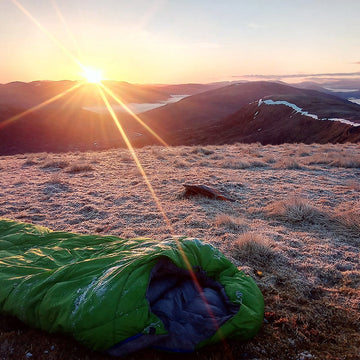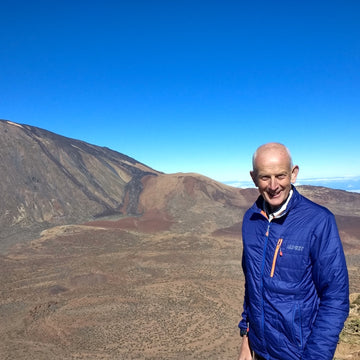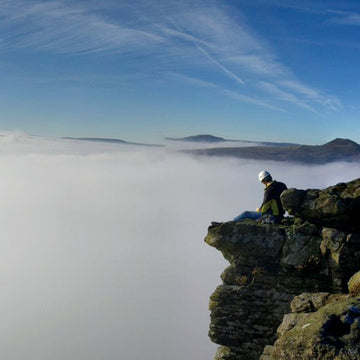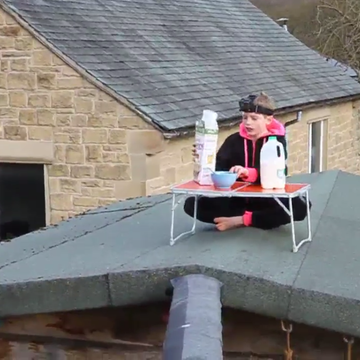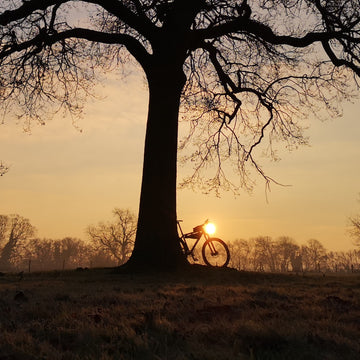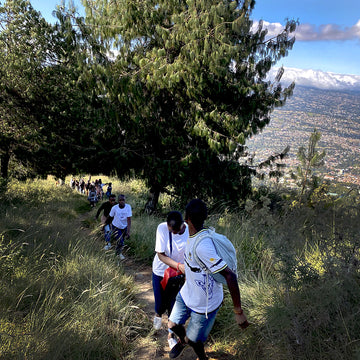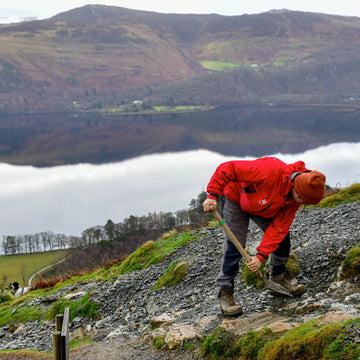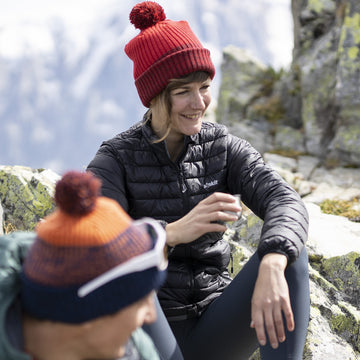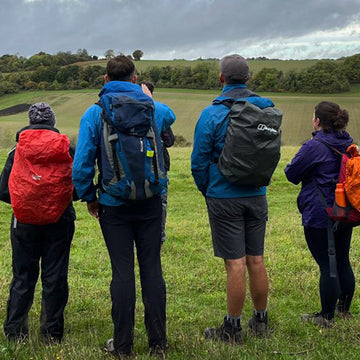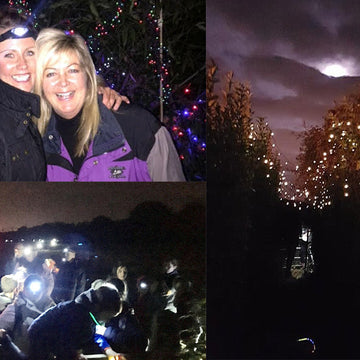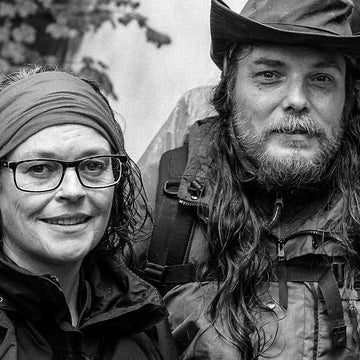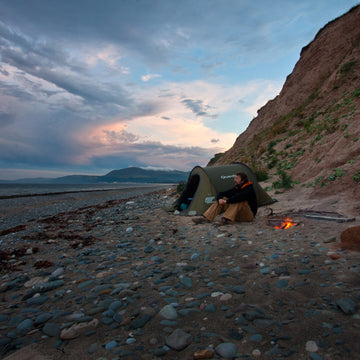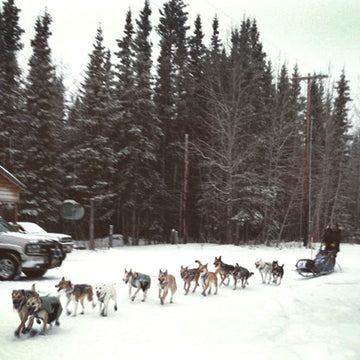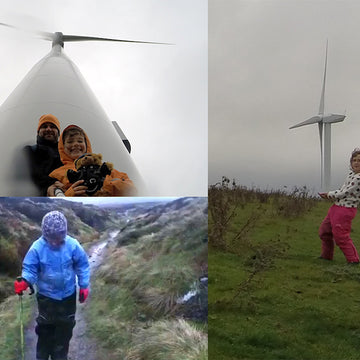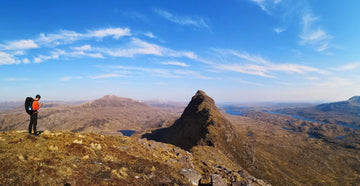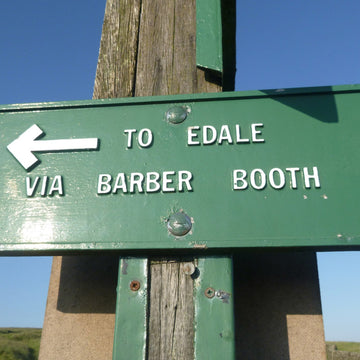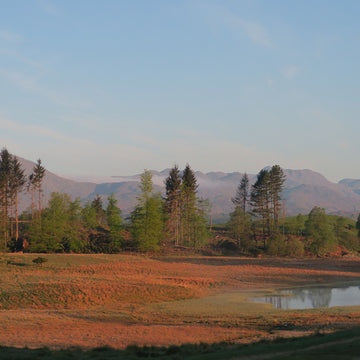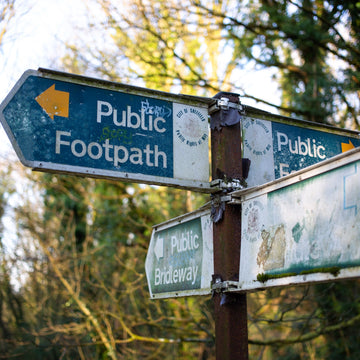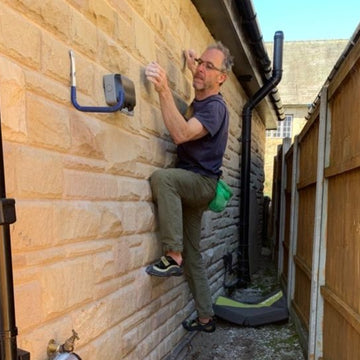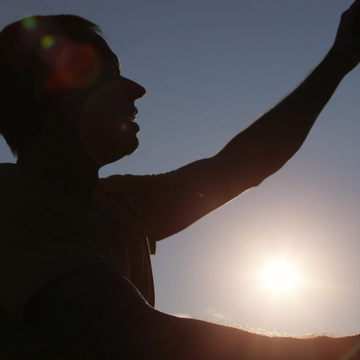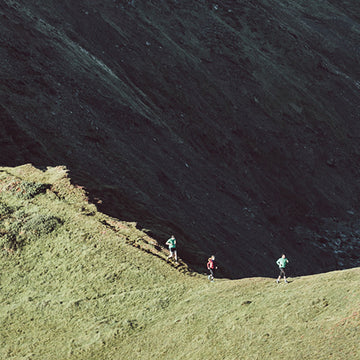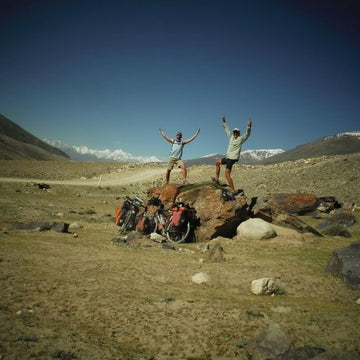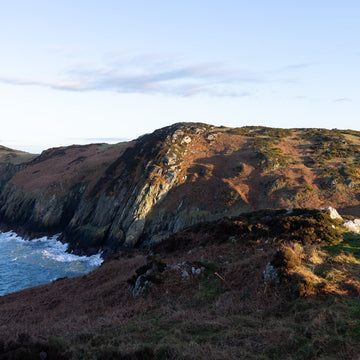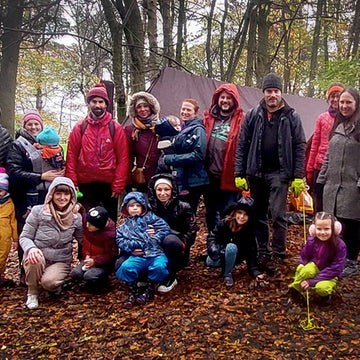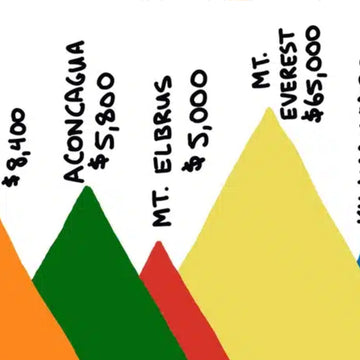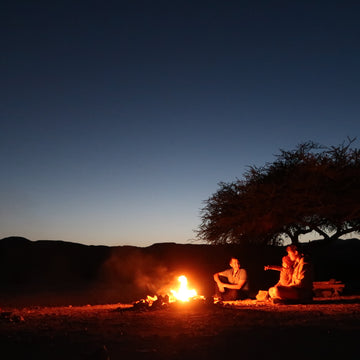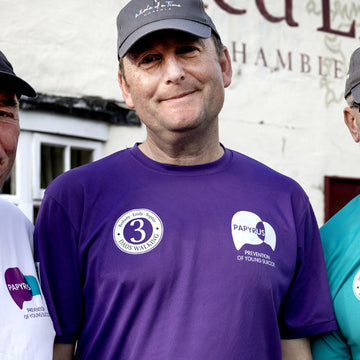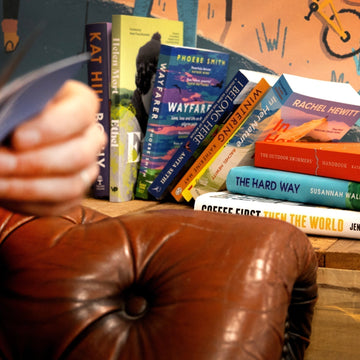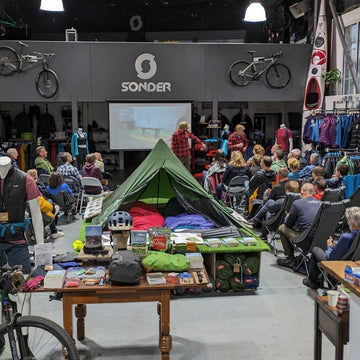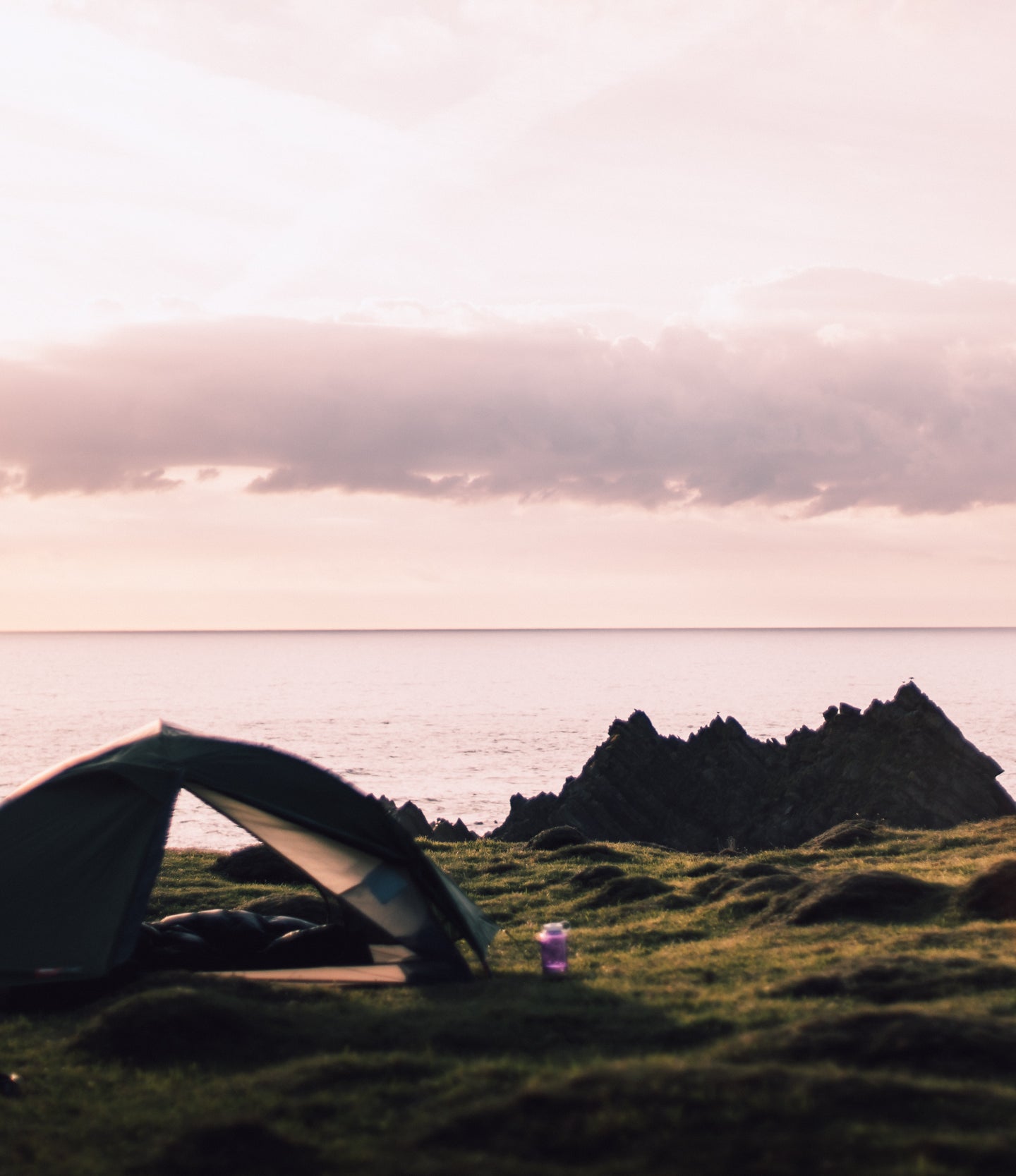
Find nature's embrace through five routes with Miles Richardson, where wilderness calls to the soul.
Nature. It’s Just Outside
Miles Richardson, Professor of Human Factors and Nature Connectedness at Derby University, looks at the benefits of connecting with nature.
Getting closer to nature helps improve your wellbeing and leads to a healthier, happier life. Nature brings joy and calm into our lives. It helps to manage our moods, boosts our immunity and helps with social isolation. Connecting with nature is a good thing. So you might be surprised to read that a recent YouGov survey found that around 80% of people rarely or never watch wildlife or smell wildflowers.
As children, we tend to be fascinated by nature. Every living thing is something to be studied and watched. But as we grow up other pressures and interests distract us and many of us lose our connection. My own re-connection with nature came in 2011, through 250 walks in my local landscape. All I did was note the everyday things I noticed in nature and I found that a journey of discovery is not just to wild landscapes, but also finding wilderness in simple places close to home. That’s the great thing about nature – it’s just outside.

5 steps to a new relationship with nature
Make nature part of your life. From being out, active and in contact, to reflecting on meaning, there are many ways to make nature part of your everyday being.
- Senses: Notice and actively engage with nature through your senses. Listen to birdsong, smell wild flowers, or watch the breeze in the trees.
- Emotion: Notice the good things in nature - the joy and calm they can bring. Share feelings about nature with others.
- Beauty: Take time to appreciate beauty in nature and engaging with it through art, music or in words.
- Meaning: Explore how nature brings meaning to life. Explore how nature appears in songs and stories, poems and art. Celebrate the signs and cycles of nature.
- Compassion: Care for nature. Think about what we can do for nature and take actions that are good for nature, such as creating homes for nature, supporting conservation charities and rethinking our shopping habits.

Try Forest Bathing!
Head out to your nearest wood and immerse yourself in nature. Pay attention to your senses. Breathe it in! Forest bathing is actually a healing practice in Japan where treatment involves a walk in a forest and aims to integrate and harmonise humans with their surroundings. Shinrin-yoku programmes vary and can include breathing exercises, yoga, meditation, walking, aromatherapy, and other recreational activities (e.g., cooking), that are often aimed at producing relaxation effects for well-being.
Take Nature Notes
Get the app! Go Jauntily helps you plan local walks and has a feature for taking Nature Notes where you can note down the good things in everyday urban nature helping to play a role in self-management of mental health and wellbeing.

Alpkit Staff Finding Nature
Outside is . well, just outside your door. Nature is there waiting. Here are some of our team’s close to home thoughts, memories and moments of connection to nature.
“My little joy is to try to walk every footpath around Hayfield and making them into 3-4 mile loops, each starting where the last one finished. We call them Hayfield Petals. As they tend to be in the evening, the pleasure of a sunset, catching up with friends outdoors and the smells, sounds and nature moments (things like when Rowan trees Berry) of changing seasons has been special” David
“I set out early before world completely wakes up. On a ride from my house at 5:30am I’m on the trails passing deer, badgers and hedgehogs all within 30 minutes. It’s lovely to see nature was thriving in the absence of people!” Kenny
“This year I’ve discovered gardening and have been cultivating my own green space. I’m sure it’s saved my sanity!” Alexandra
“At the beginning of lockdown there was a pair of Honey Buzzards roosting in the woods above our house. Over the last eight weeks there are now four with two juveniles joining their parents. One of the juveniles now roosts in the pine tree forty feet away from our back door.” Colin
“This year I’m discovering new areas of the countryside I haven’t explored before. It’s given me such an appreciation of that there is so much still too discover from my home.” Neil
“I always prefer to walk a quieter path. It’s a surprise what you can find. Singletrack paths through cornfields, abandoned houses serene under bright blue skies and long-forgotten upturned trees.” Nick
“My driveway is made of broken concrete, fighting a battle with the grass that grows in the cracks. I love finding places where nature’s ability to find somewhere to thrive seems ridiculous. Plants growing out of walls, chimneys, the middle of car parks. When nature’s in full bloom, it overwhelms and overshadows even the most impressive of man-made things. Nature’s delicate. But not as delicate as my driveway!” Rob
Read more about nature connectedness in Miles’s blog, Finding Nature



